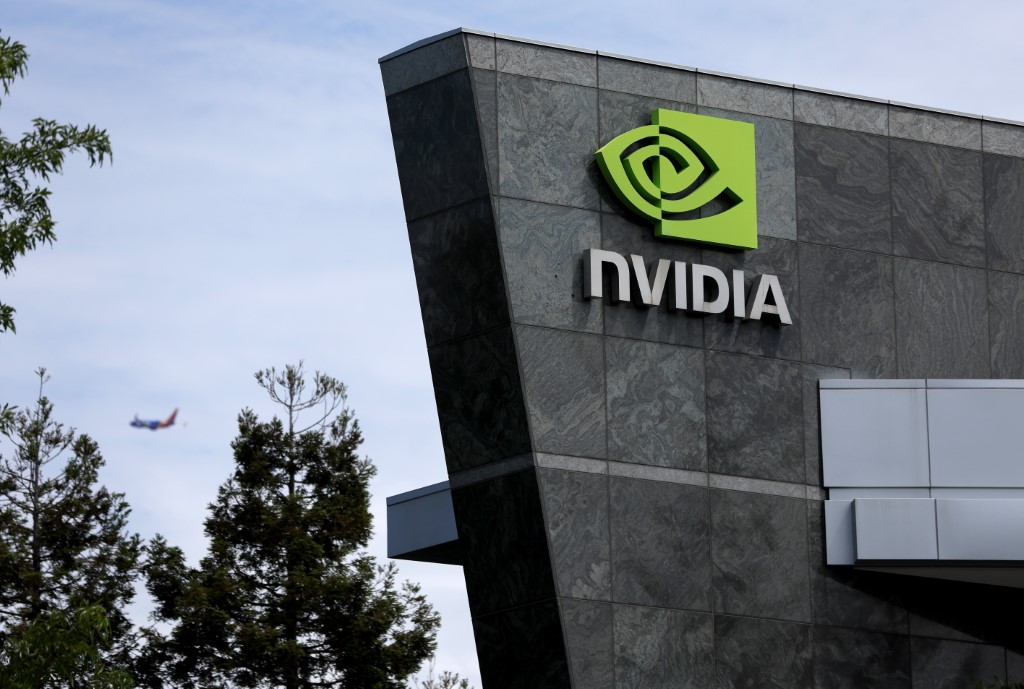London, Britain – The Biden administration has implemented restrictions on the sale of Nvidia’s advanced microchips to certain Middle Eastern countries, citing rising worries about China’s access to crucial artificial intelligence resources, Telegraph reported on Wednesday.
Nvidia, a tech giant valued at $1.2 trillion, has been directed to obtain permission before exporting chips to specific nations in the region. This move represents an escalation of the US government’s national security measures targeting advanced semiconductor exports.
The imposed restrictions are seen as part of broader efforts to counter China’s ambitions in the field of AI, aiming to prevent the onward distribution of these chips to China and to limit connections between Middle Eastern entities and Chinese AI firms.
Nvidia’s H100 and A100 chips play a vital role in training software like ChatGPT, contributing significantly to the global race for superior computing power as countries vie for AI leadership. While these chips are already subject to sales restrictions in China and Russia, this recent action marks a substantial expansion of US trade controls beyond the boundaries of these two countries.
Nvidia, according to Telegraph, revealed the limitations in a US filing but did not specify which countries in the Middle East are affected.
Saudi Arabia and the United Arab Emirates have engaged in discussions with China to deepen AI collaborations and have placed substantial orders for Nvidia’s chips. Chinese researchers are reportedly well-represented at Saudi Arabia’s King Abdullah University of Science and Technology (Kaust), underlining the growing ties between the two countries in AI research.
Industry experts speculate that the restrictions will likely manifest in the form of “is informed” letters from the US Bureau of Industry and Security, compelling US companies to obtain approval for chip exports to specific nations or customers on national security grounds. The concern primarily revolves around the potential diversion of these chips to China from customers in the Middle East.
This move comes amid concerns that Chinese companies might seek to develop AI systems on overseas computer systems due to a shortage of high-quality AI chips within China. The US government aims to hinder the ability of Chinese entities to train their AI software outside of China and subsequently bring it back into the country.
Both Saudi Arabia and the UAE have been actively investing in Nvidia chips to bolster their tech sectors. Saudi Arabia’s communications minister, Abdullah bin Amer Al-Sawaha, signed an AI-focused partnership plan with China last year.
The White House had previously prevented Nvidia from selling its top AI chips to China, part of a series of semiconductor restrictions aimed at preventing Beijing from advancing AI technologies that could have military or cyber applications.
While Nvidia has redesigned some chips to meet these requirements, there are reports that the White House is preparing to impose further bans. The company has argued that these restrictions would hinder American firms’ ability to compete effectively in China.
In response to the situation, an Nvidia spokesperson stated that the licensing requirement outlined in their filing does not significantly impact their revenue, and they are working closely with the US government to address the matter. Both the UAE and Saudi Arabia are monitoring the export of dual-use products, but neither provided further comments regarding the restrictions.

